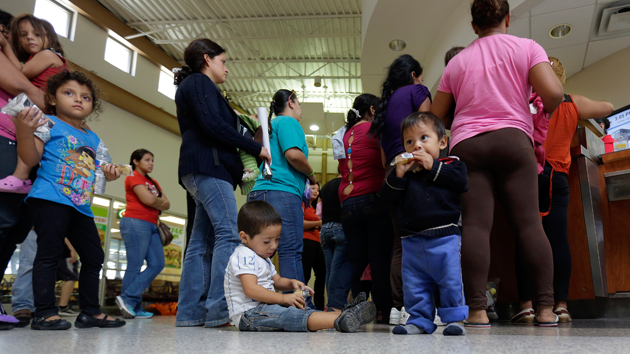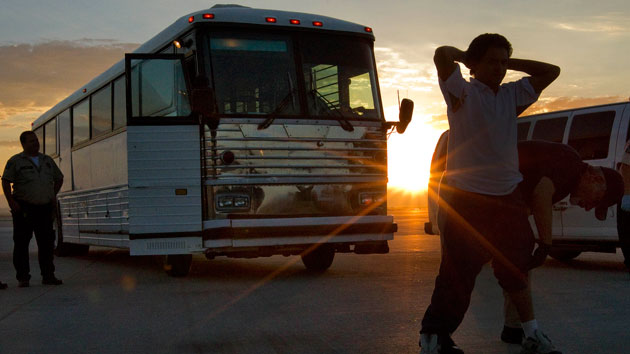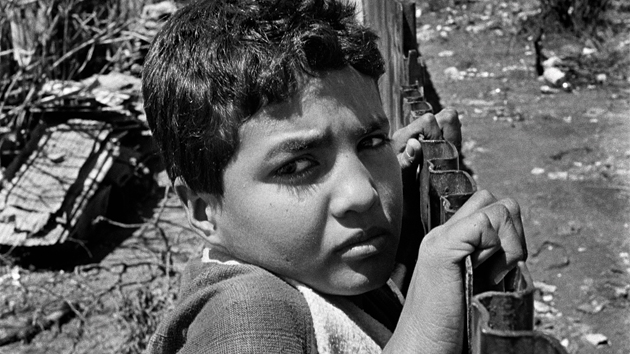Preparing for his dangerous trip north, a Central American teen stops to pen a letter to his uncle in the United States. He writes that his mom is telling him to think hard about the risks: the gangs on the trains, the cartels that kidnap migrants, the days of walking through the desert. But those roadblocks, he writes, are worth it: “I see myself earning a bunch of money in the United States, and my mom here without any worries.”
So begins a new public service announcement aimed at keeping Central American kids from joining the tens of thousands of unaccompanied child migrants who have been apprehended by US authorities in the last year. The PSA soon turns dark, though: After the teen says goodbye to his mother, and his uncle puts down the letter he’s been reading, the camera pulls back from a close-up of the boy, dead on the desert floor. A narrator urges viewers: “They’re our future. Let’s protect them.”
US Customs and Border Protection (CBP) developed the TV ads, as well as posters and marimba-infused radio spots, as part of its million-dollar Dangers Awareness Campaign. Rolled out shortly after Vice President Joe Biden’s trip to Guatemala in June, the campaign is an attempt to counter rumors that unaccompanied kids will be allowed to stay in the United States. The ads emphasize that the journey is extremely dangerous and that children won’t get legal status if they make it across the border.
The campaign will run for 11 weeks, CBP spokesman Jaime Ruiz told the Associated Press. “We want a relative that is about to send $5,000, $6,000 to a relative in El Salvador to see this message and say, ‘Oh my God, they’re saying that the journey is more dangerous,'” Ruiz said. “We try to counter the version of the smuggler.”
Here’s the other televised PSA, in which two silhouettes—a would-be migrant and a smuggler—discuss heading north, the smuggler turning increasingly aggressive and his shadow occasionally turning into that of a coyote, the slang word for a smuggler:
(Notably, CBP created slightly different versions of each of the stories for El Salvador, Guatemala, and Honduras, the three countries that have sent the most unaccompanied minors to the US. Watch them all here.)
This type of campaign isn’t anything new. For years, the Mexican government has produced ads about the dangers of walking through the Arizona desert, and several years ago the Department of Homeland Security, as part of CBP’s Border Safety Initiative, distributed CDs to Latin American radio stations with sad songs aimed at slowing immigration from the south. With so many variables at play, it’s virtually impossible to measure their effect.
But with more than 57,000 unaccompanied kids apprehended in the United States since October—a situation that CBP head R. Gil Kerlikowske called “difficult and distressing on a lot of levels” when speaking to members of the Senate homeland security committee on Wednesday—the government seems willing to try anything.















